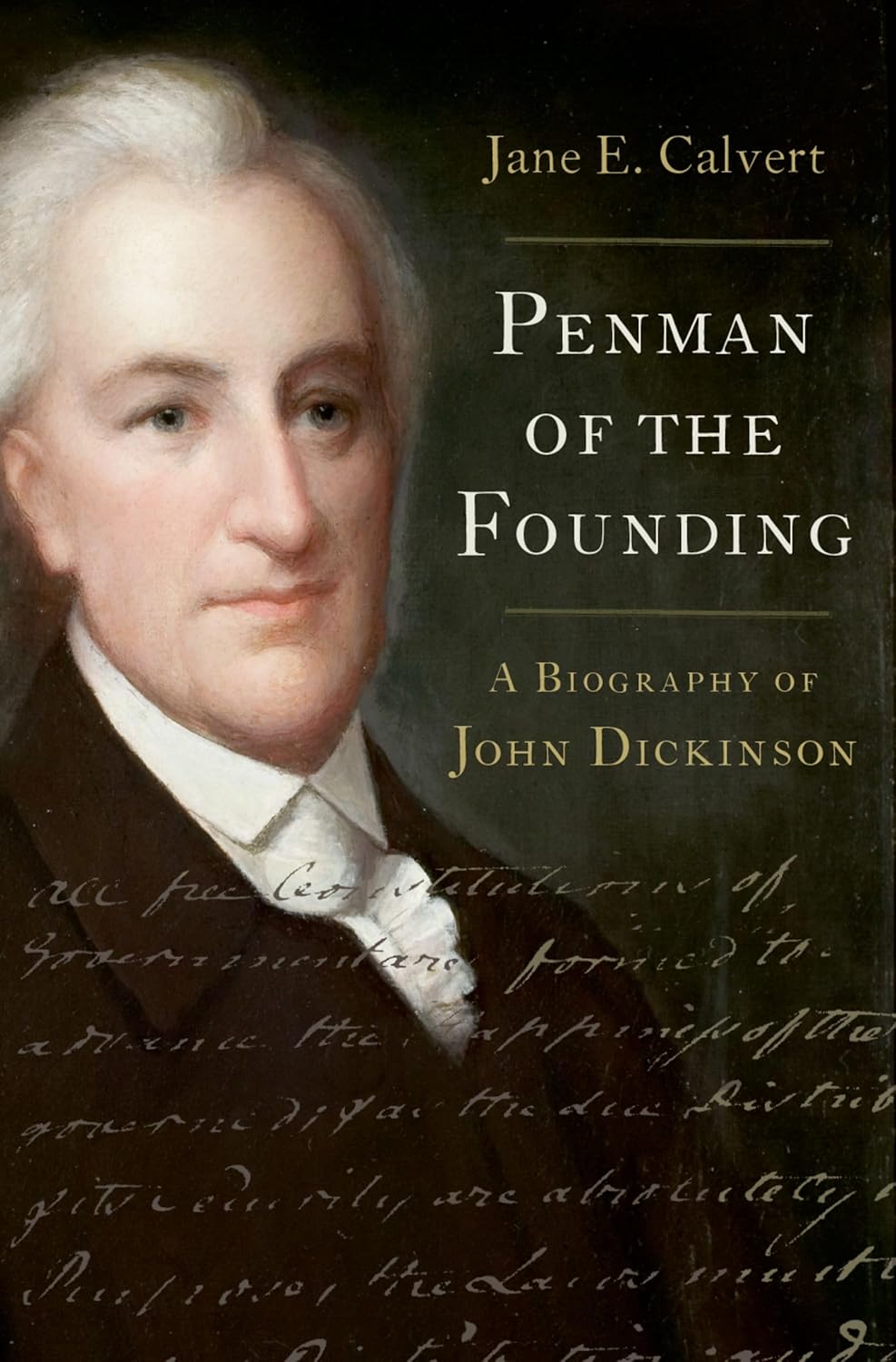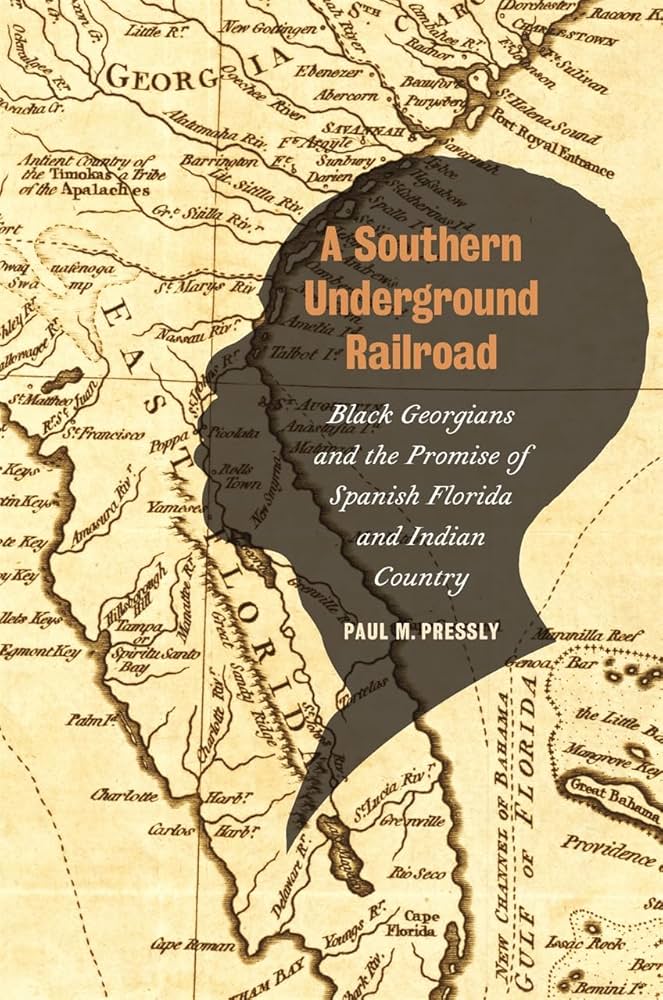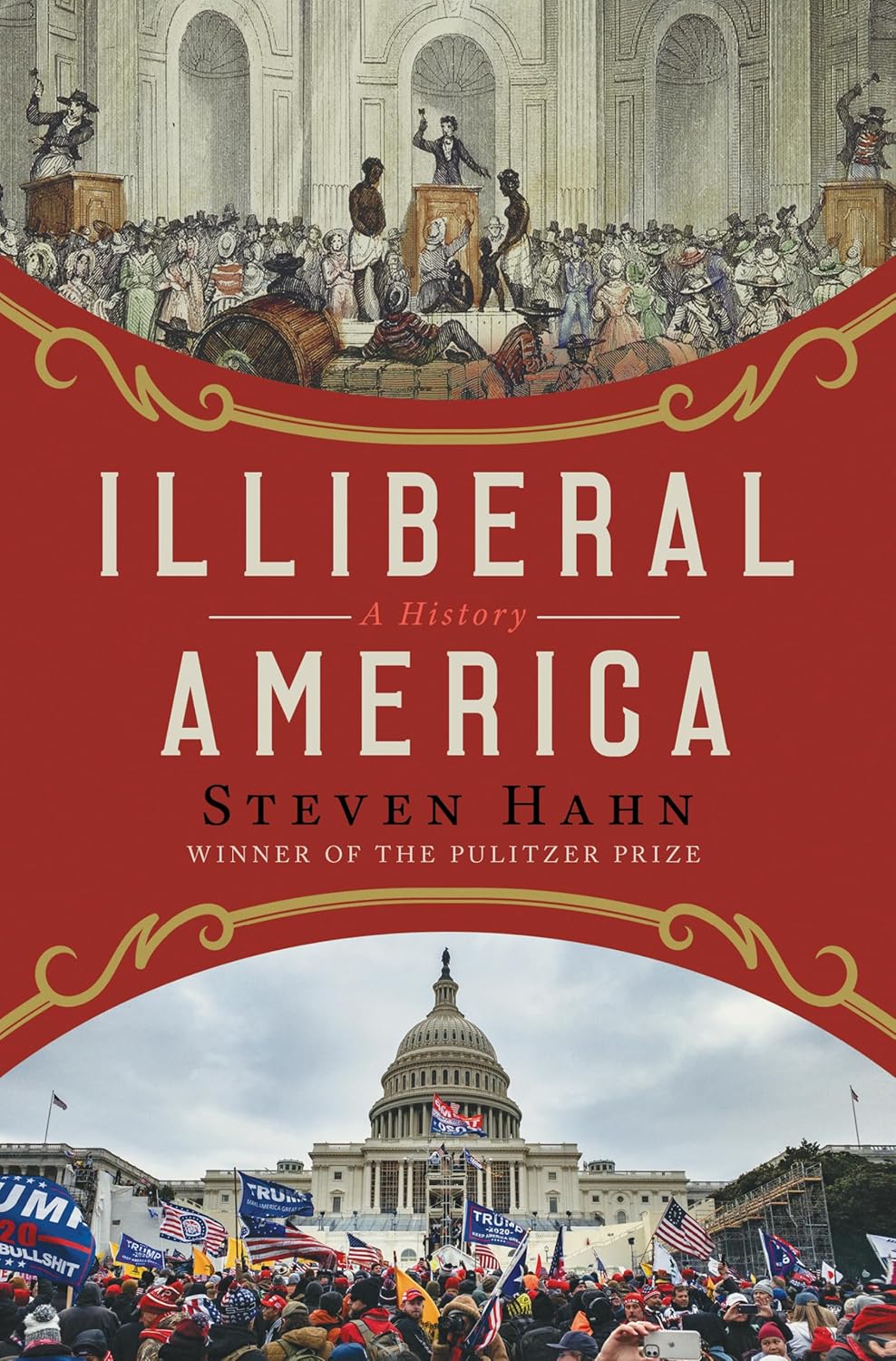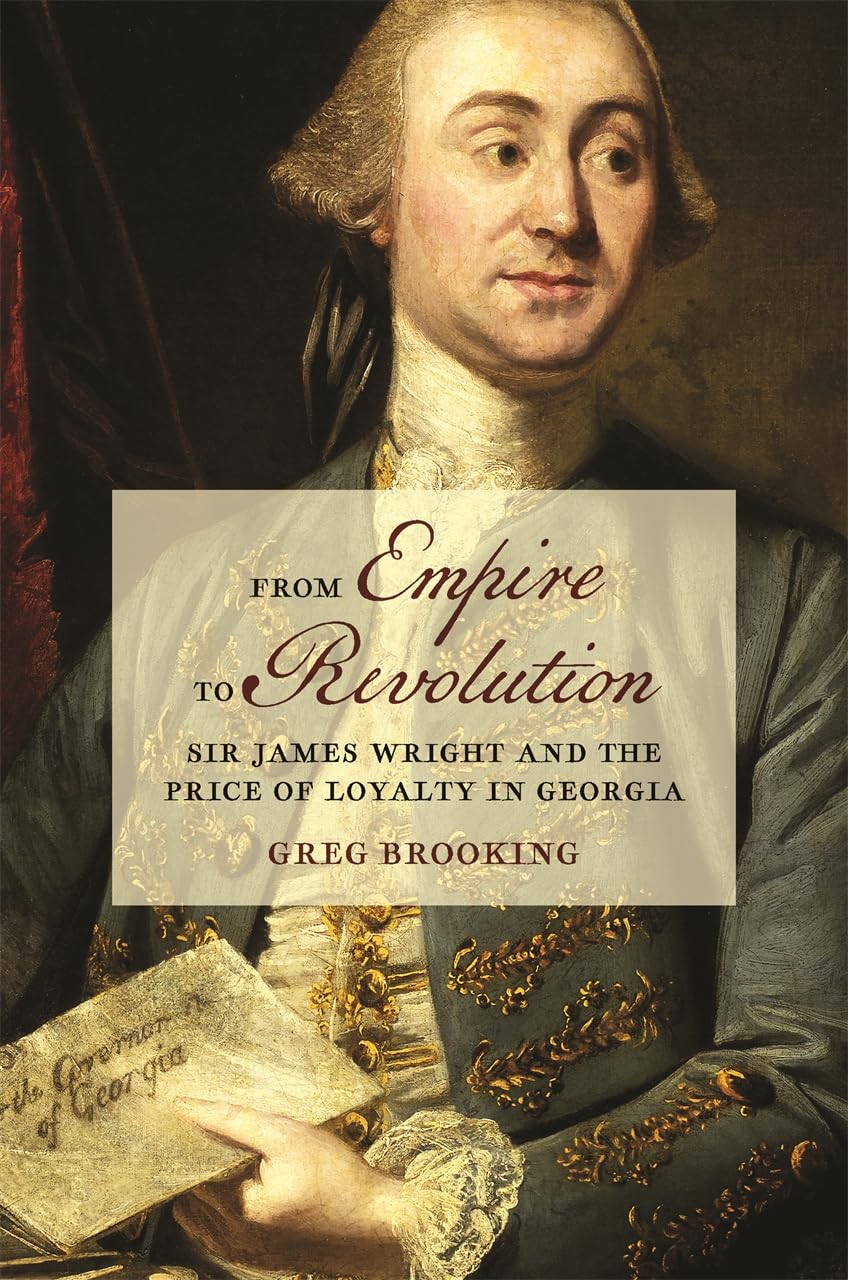Stan’s guest is historian Jane Calvert, author of Penman of the Founding: A Biography of John Dickinson, published in October by Oxford University Press. Dickinson was at the forefront of the Revolutionary movement but refused to sign the Declaration of Independence and has been largely forgotten. Calvert argues in her new book that without John Dickinson there wouldn’t be a United States of America. How and why did this happen, and who was this fascinating but forgotten founder?





